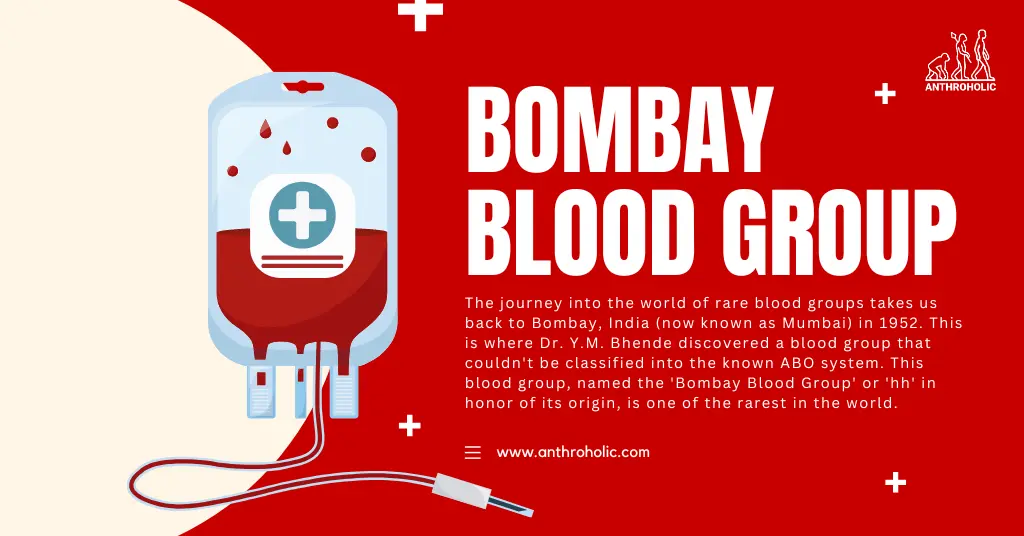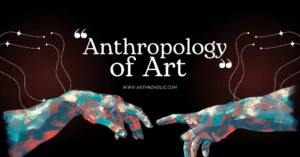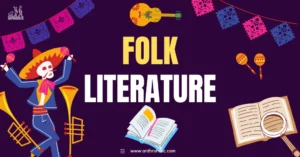AI Answer Evaluation Platform Live Now. Try Free Answer Evaluation Now
Bombay Blood Group
The journey into the world of rare blood groups takes us back to Bombay, India (now known as Mumbai) in 1952. This is where Dr. Y.M. Bhende discovered a blood group that couldn’t be classified into the known ABO system [1]. This blood group, named the ‘Bombay Blood Group’ or ‘hh’ in honor of its origin, is one of the rarest in the world.

Key Characteristics
Understanding the key characteristics of this blood group helps shed light on why it’s so unique and rare:
- Absence of H-antigen: The Bombay Blood Group lacks the H-antigen, a molecule generally present on red blood cells, which is used to make A and B antigens [2].
- Presence of anti-H antibodies: In the absence of the H-antigen, individuals with this blood group develop antibodies against the H-antigen [2].
- Incompatibility with ABO system: Despite the appearance, people with the Bombay Blood Group cannot receive blood from A, B, AB, or O blood groups, which is unusual and contrasts with the standard ABO compatibility.
| ABO Compatibility | Compatible Blood Type |
|---|---|
| A | A, O |
| B | B, O |
| AB | A, B, AB, O |
| O | O |
| Bombay | Only Bombay |
- Global and Ethnic Distribution: The incidence of the Bombay Blood Group is extremely rare, occurring in about 1 in a million in Europe. It’s more common in parts of India, where about 1 in 10,000 to 17,000 people have it [3].
Living with the Bombay Blood Group
Although it can seem daunting to live with such a rare blood type, it’s important to remember that with the right precautions and knowledge, individuals with the Bombay Blood Group can lead perfectly normal lives. Here are some steps individuals with this blood group should take:
- Stay Informed: Understand what it means to have the Bombay Blood Group. This includes the implications for blood transfusions, potential health risks, and what to do in case of an emergency.
- Maintain Open Communication with Healthcare Providers: Make sure your healthcare provider is aware of your blood group. Discuss with them about potential implications for your health and any precautions you should take.
- Register as a Donor: Consider registering as a donor with an organization that maintains a database of rare blood group donors. This can be potentially lifesaving for someone else with the same blood group in the future.
Implications for Blood Transfusion
Given the rarity of the Bombay Blood Group, blood transfusions for these individuals pose significant challenges. Since these individuals can only receive blood from another person with the Bombay Blood Group, locating a donor can be difficult, particularly outside of India. Furthermore, the presence of anti-H antibodies means they can potentially have a severe reaction if they receive blood from someone from the ABO system [4].
Genetic Background
The Bombay Blood Group is inherited through an autosomal recessive pattern, which means both parents must carry the gene for a child to have this blood group. If both parents carry the gene, there is a 25% chance with each pregnancy that the child will have the Bombay Blood Group [2].
The Importance of Awareness and Donor Registration
In light of these challenges, it is crucial to increase awareness of the Bombay Blood Group and encourage those who have this blood group to register as blood donors. There are organizations, such as the American Red Cross and various blood banks, that maintain databases of rare blood donors, which can be lifesaving for individuals with the Bombay Blood Group.
Future Directions in Research
While much has been learned about the Bombay Blood Group since its discovery, there is still much more to be understood. Key areas of future research include:
- More In-Depth Genetic Studies: To understand the mutations that result in the Bombay phenotype and to better understand the global distribution of these mutations.
- Better Donor Identification Methods: Developing more accurate and efficient screening methods to identify individuals with the Bombay Blood Group, particularly in areas where it is more common.
- Alternative Transfusion Strategies: Research into alternative transfusion strategies, such as stem cell transplants and synthetic blood substitutes, could provide lifesaving alternatives for individuals with rare blood groups.
Conclusion
The discovery of the Bombay Blood Group has provided fascinating insights into the complexity of human genetics and blood types. While this blood group is extremely rare, those who have it can lead healthy lives by staying informed, taking necessary precautions, and maintaining open communication with their healthcare providers. As we move forward, further research in this area will continue to shed light on this unique aspect of human diversity, potentially leading to more efficient donor identification methods and alternative transfusion strategies.
References
[1] Bhende YM, Deshpande CK, Bhatia HM, et al. (1952). A “new” blood group character related to the ABO system. Lancet. 1(6714):903-4. https://pubmed.ncbi.nlm.nih.gov/14918471/
[2] Yusuf R, Flegel WA. (2015). The Bombay blood group: are we out of the woods yet? Immunohematology. 31(3):98-103.
[3] Cooling L. (2015). Blood Groups in Infection and Host Susceptibility. Clinical Microbiology Reviews. 28(3):801-870.
[4] Varatharajalu R, Ranganathan C, Aravindan N. (2020). Mechanisms in transfusion reactions: Progress toward prevention. Seminars in Hematology. 57(2):71-77.




